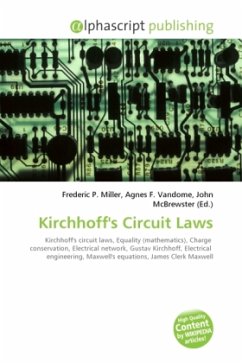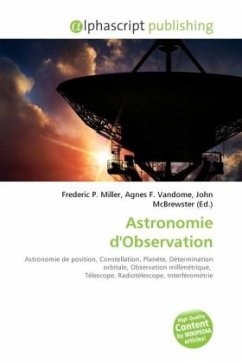The first of the three laws, previously termed Clarke's Law, was proposed by Arthur C. Clarke in the essay "Hazards of Prophecy: The Failure of Imagination", in Profiles of the Future.The second law is offered as a simple observation in the same essay; its status as Clarke's Second Law was conferred on it by others.In a 1973 revision of his compendium of essays, Profiles of the Future, Clarke acknowledged the Second Law and proposed the Third in order to round out the number, adding "As three laws were good enough for Newton, I have modestly decided to stop there." Of the three, the Third Law is the best known and most widely cited. It may be an echo of a statement in a 1942 story by Leigh Brackett: Witchcraft to the ignorant, . Simple science to the learned.
Bitte wählen Sie Ihr Anliegen aus.
Rechnungen
Retourenschein anfordern
Bestellstatus
Storno








